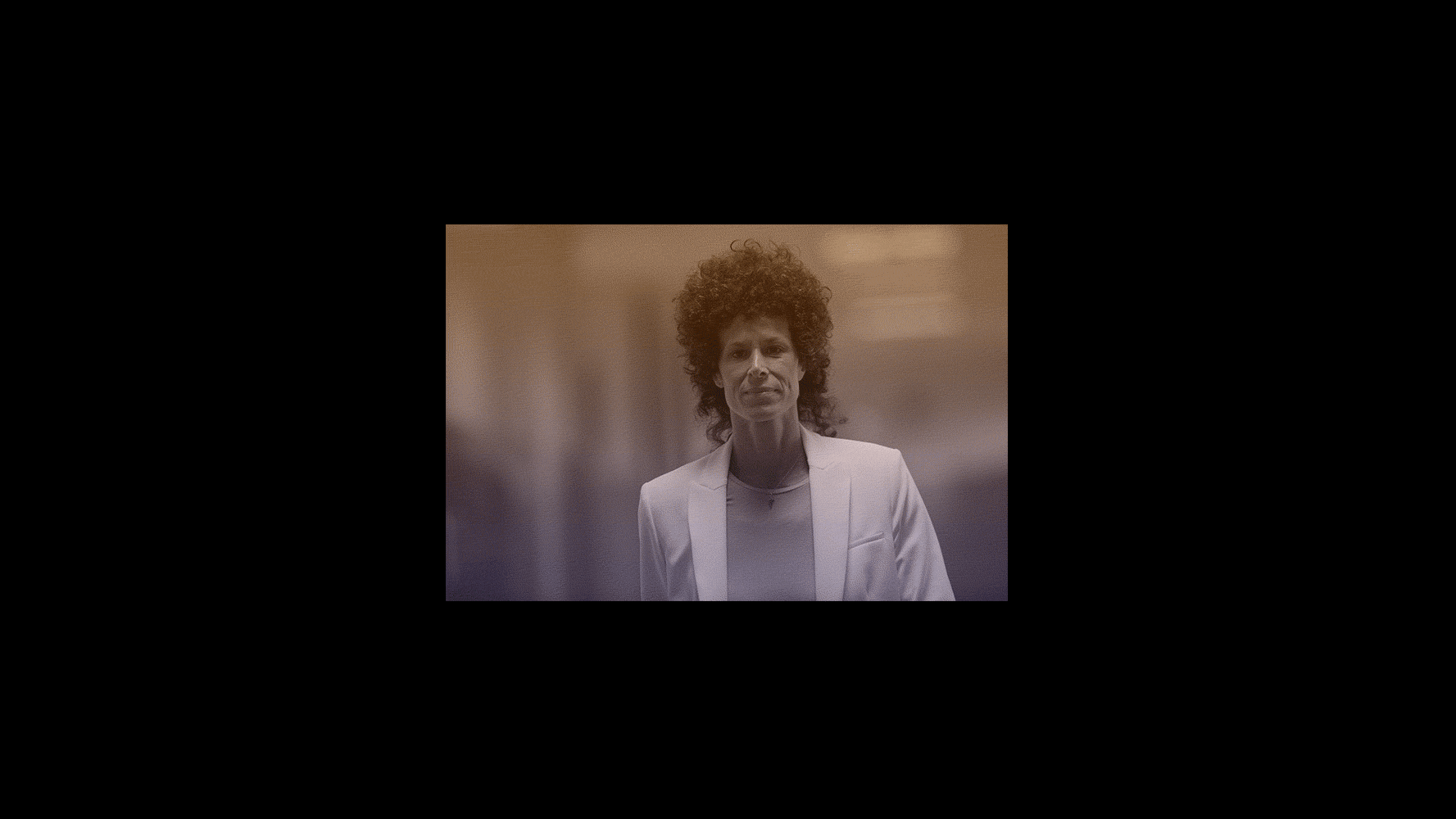Fourteen years of her life, for three to ten of his.
Bill Cosby drugged and sexually assaulted Andrea Constand in 2004. In 2018, he was sentenced to three to ten years in a state prison. After so much time spent silencing her, he was hauled out of the courtroom in handcuffs, and he didn’t say a word.
They’re stark numbers worth considering, as the conversation around why sexual assault victims don’t report returns to the headlines once more. Just the construction of that phrase, “why I didn’t report” — currently transformed into a hashtag — is enraging, and telling. It conveniently erases those individuals as well as the societal forces which make reporting such a traumatizing, draining, often futile nightmare: Police who doubt, intimidate, and even sometimes arrest victims; institutions that fail to hold rapists accountable if these violent criminals seem indispensable because they are good at playing sports or being in movies; schools and universities that won’t provide even the flimsiest recourse or resources for survivors; a justice system that affords the presumption of innocence to alleged rapists but presumes accusers are liars until proven otherwise; the violent misogyny and toxic masculinity that permeates every facet of everyday life; and of course, the rapists themselves, without whom there would be nothing to not report.
Two out of three victims of sexual assault don’t report. But Andrea Constand did, just a year after her assault. The Montgomery County District Attorney declined to prosecute at the time; not enough evidence, he said. So she pursued civil claims. As she wrote in her victim impact statement, “The response from Mr. Cosby’s legal team was swift and furious. It was meant to frighten and intimidate and it worked.” She went on:
The psychological, emotional and financial bullying included a slander campaign in the media that left my entire family reeling in shock and disbelief. Instead of being praised as a straight-shooter, I was called a gold-digger, a con artist, and a pathological liar. My hard-working middle-class parents were accused of trying to get money from a rich and famous man.
At the deposition during the civil trial, I had to relive every moment of the sexual assault in horrifying detail in front of Mr. Cosby and his lawyers. I felt traumatized all over again and was often in tears. I had to watch Cosby make jokes and attempt to degrade and diminish me, while his lawyers belittled and sneered at me. It deepened my sense of shame and helplessness, and at the end of each day, I left emotionally drained and exhausted.
After the civil case closed and she received a settlement, Constand wrote, the coordinated smear campaign trailed her and her family everywhere. “These character assassinations have caused me to suffer insurmountable stress and anxiety, which I still experience today.”
That, when she was approached by the district attorney’s office in 2015, she agreed to allow them to reopen her case; that she testified and then, when the 2017 effort ended in a mistrial, testified again; that of the more than 60 women who have accused Bill Cosby of sexual violence it was her claim, and hers alone, that was within the statute of limitations and therefore was the only chance any of these women and their families had for justice — it’s unimaginable, even though it is exactly what happened.
Surely the hope is that seeing Cosby brought to justice will encourage future victims to come forward, to see that there is a path to justice. But this is less of a path than it is a treacherous obstacle course, where even a victory can only be achieved through ritual retraumatization, and a near-total upending of one’s life.
At a post-sentencing press conference, district attorney Kevin Steele said of Constand, who was standing beside him, “I can’t say enough about her. We are all better off because she is in our lives. You’ve heard about how this has all changed her life. She has been through an ordeal these past 14 years, and she has been solid and steadfast. To put herself out like this for years in front of a worldwide audience is extremely difficult for anyone. She’s been a rock. She has done the right thing over and over and over again.”
“She could have stayed home in Canada,” Steele said. “She could’ve lived a quiet life.” And could you blame her, if she had?



